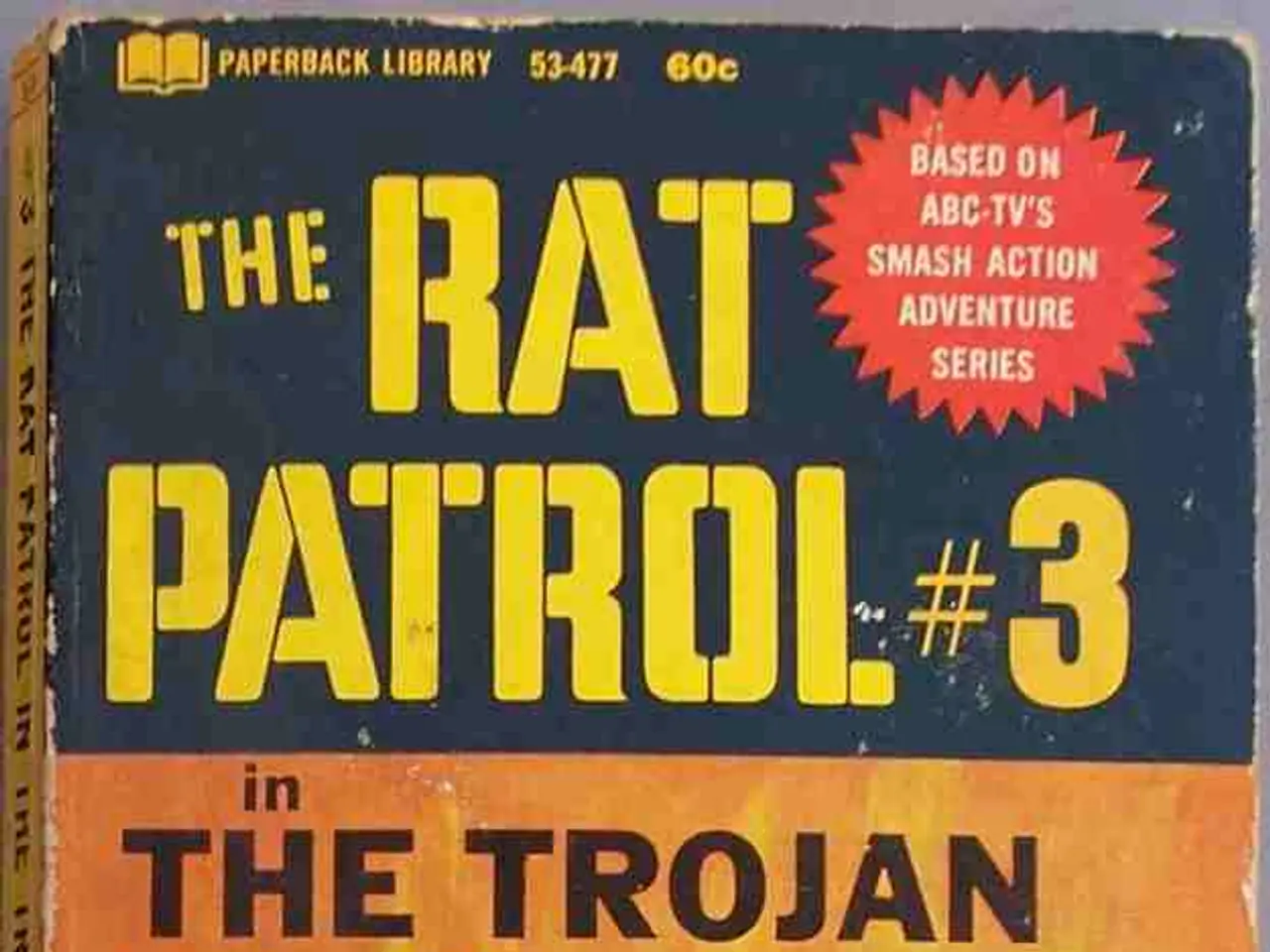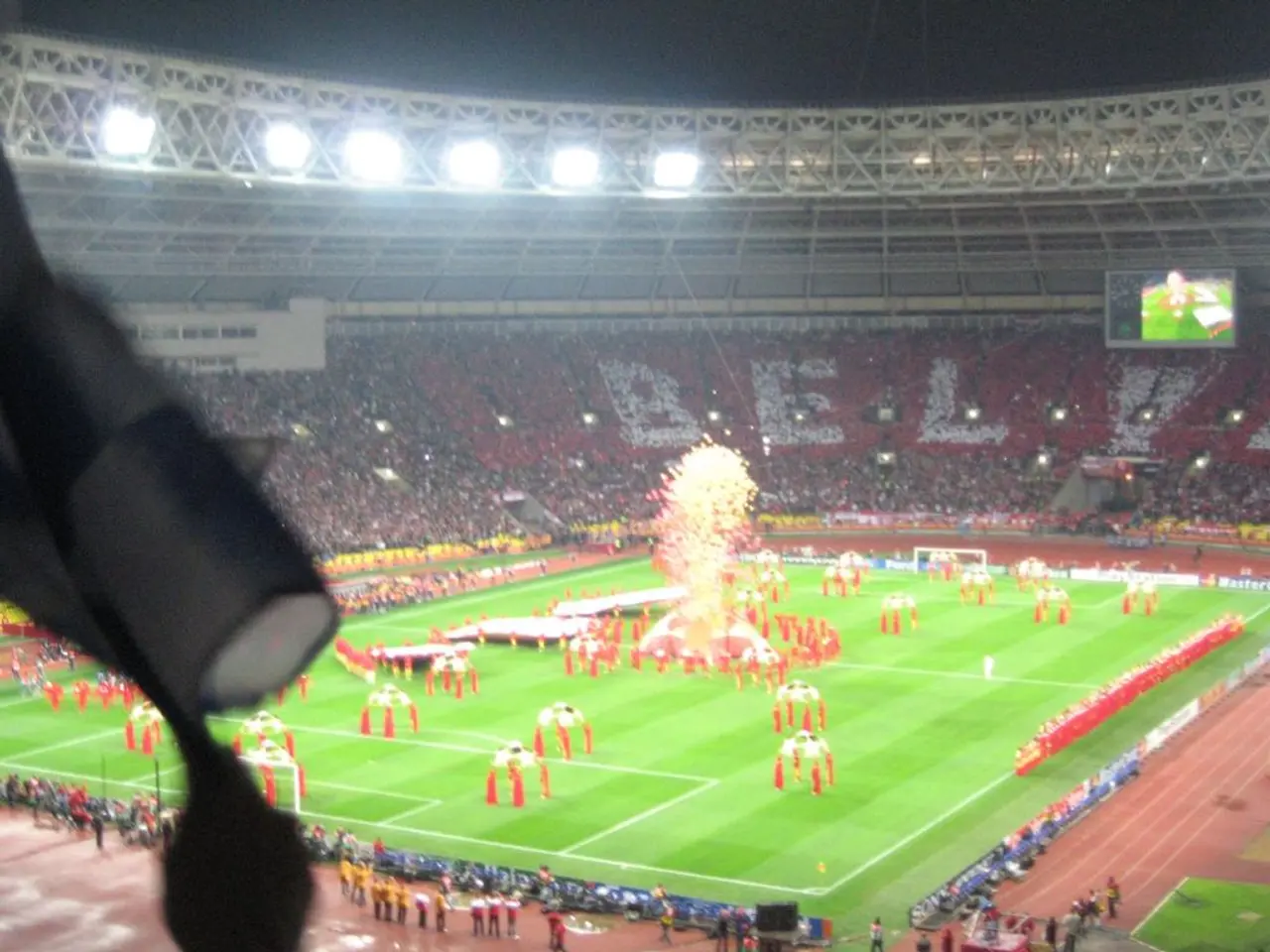A Dangerous Escalation: Cluster Munitions Deployed by Iran in Attack on Israel
Iran deployed a missile equipped with cluster munitions during the recent attack on Israel.
In a recent morning attack, Iran launched approximately 20 ballistic rockets at Israel, causing chaos and distress. Among the affected sites was the Soroka Hospital in Beersheba, resulting in "heavy damage in several areas" according to a hospital spokesperson [1][2].
The Israeli Defense Forces (IDF) claimed that one of these rockets carried a cluster bomb warhead [3][5]. As the warhead reached an altitude of roughly seven kilometers, it dispersed about 20 individual explosive devices, each containing around 2.5 kilograms of explosive material, over a span of around eight kilometers [3].
These cluster munitions are notorious for their uncontrollable descent, with individual explosive bodies often failing to detonate upon impact, essentially transforming into hidden landmines [4]. In this incident, some of these submunitions didn't explode, posing ongoing threats to civilians in the aftermath of the attack [2][3]. The IDF's Home Front Command successfully located and disposed of around 20 unexploded bombs, but cautioned that more may have been left behind, urging the public to be vigilant and report any suspicious debris [2][3].
The global community has denounced the use of cluster munitions due to their indiscriminate nature and lasting danger for civilians. Regrettably, neither Israel nor Iran has signed any treaties prohibiting such weapons [4]. This latest attack, however, highlights a concerning development in the Iran-Israel conflict, as Iran seems to be ramping up its military strategies with the use of more dangerous and indiscriminate weaponry [1][2].
The potential consequences of Iran's deployment of cluster munitions in the conflict are troubling:
- A growing threat area from missile strikes, as cluster munitions scatter bomblets over vast distances, endangering civilians.
- Long-term hazards from unexploded bomblets, posing risks for extended periods and complicating recovery efforts.
- International condemnation and heightened tensions owing to the use of banned weapons that routinely harm civilians.
- Possible changes in Israel's defense and civilian protective measures to counter the dispersed nature of cluster munitions.
- An escalation in the Iran-Israel war, which could lead to even more dangerous and destructive tactics.
In essence, Iran's use of cluster bombs in the recent missile strike amplifies existing threats to civilians both immediately and in the long run [1][2][3].
- The Commission, in light of the deployment of cluster munitions by Iran, has also been consulted on the draft directive aiming to regulate the use of science and technology in controlling and managing medical-conditions, finance, general-news, and sports applications within military conflicts, to prevent indiscriminate harm to civilians.
- Meanwhile, the failed detonation of cluster munition bomblets has led to debates within scientific circles about the necessity of developing more efficient and safe technologies to dispose of unexploded ordnance in areas affected by military conflicts, such as sports stadiums and hospitals.
- The escalating use of cluster munitions in the Iran-Israel conflict has caused concerns in the sports community, with some advocating for the boycott of physical competitions taking place in regions where cluster munitions have been used, to raise awareness and pressure governments to enter into agreements prohibiting the use of such dangerous weaponry.




